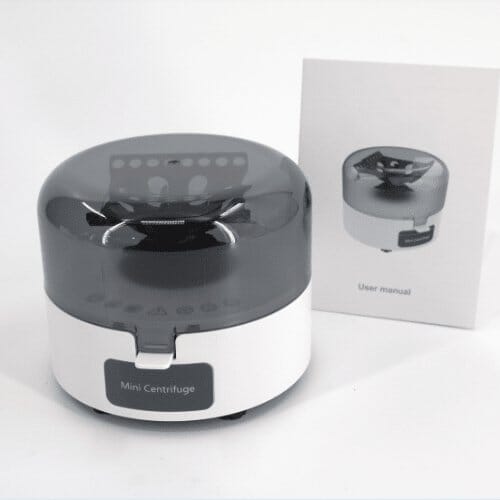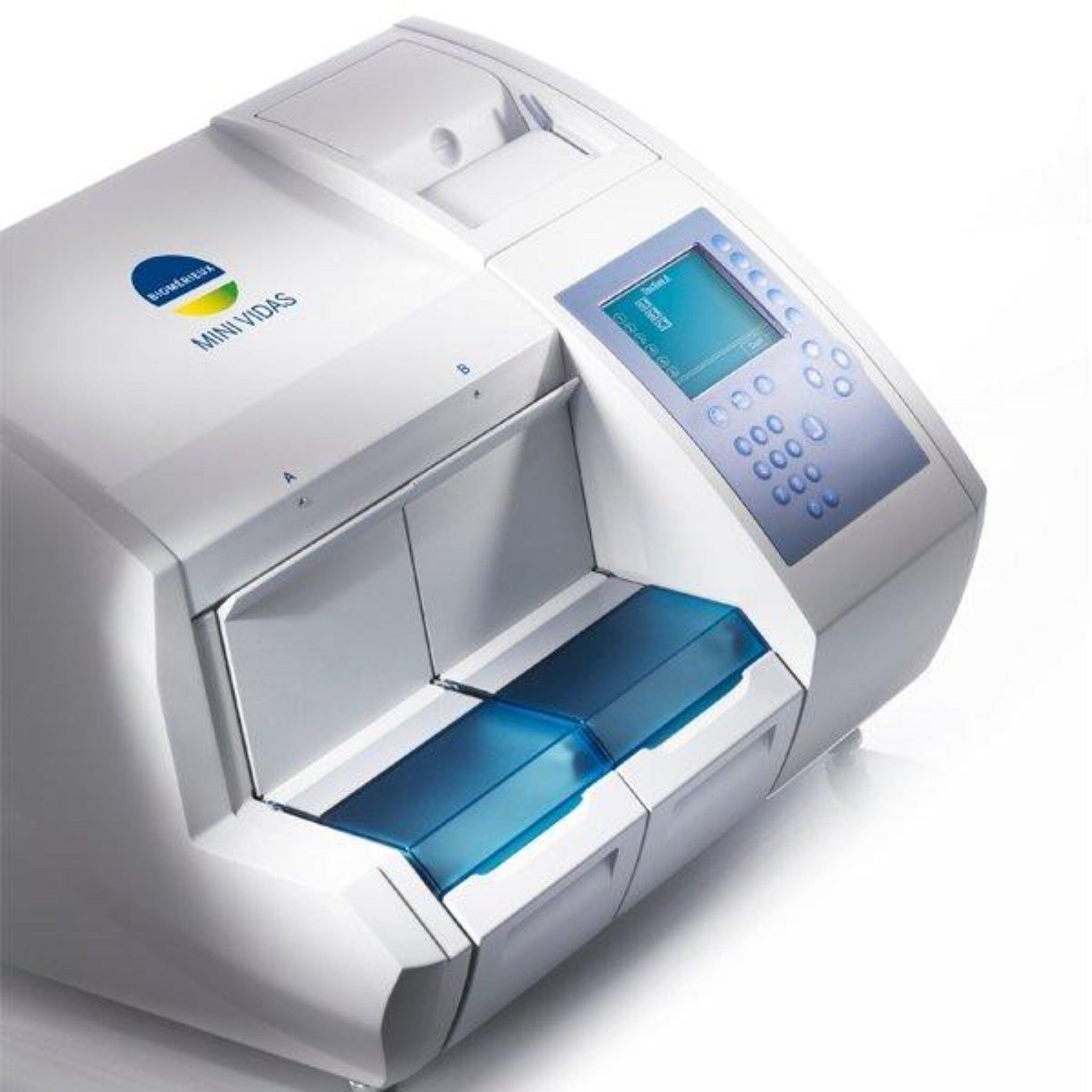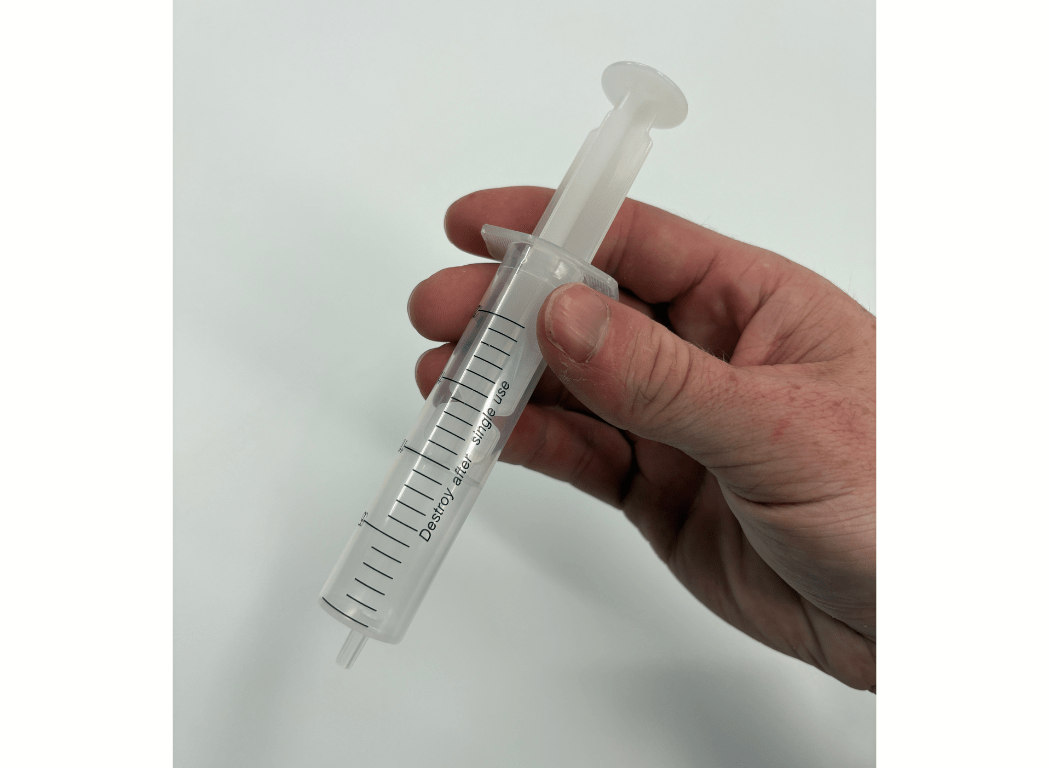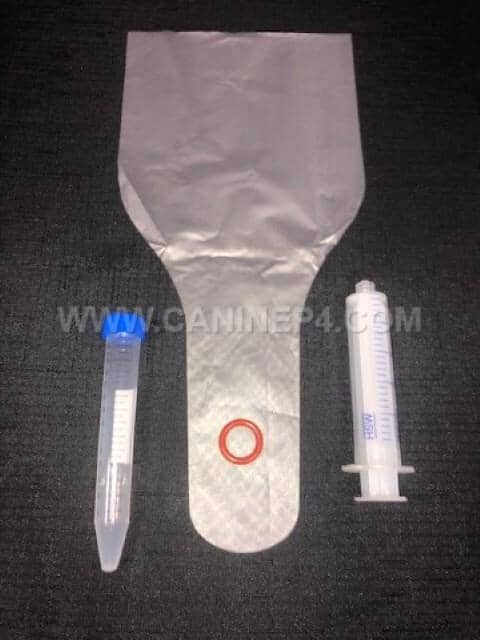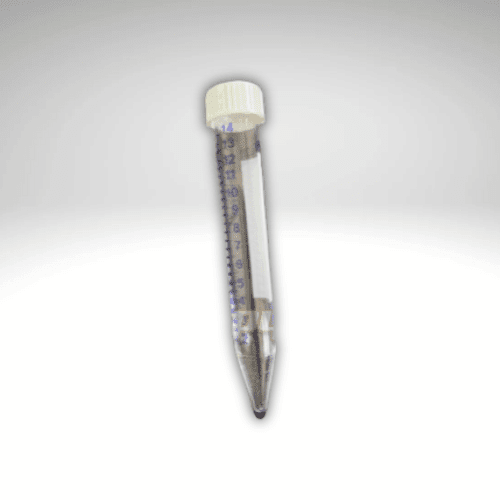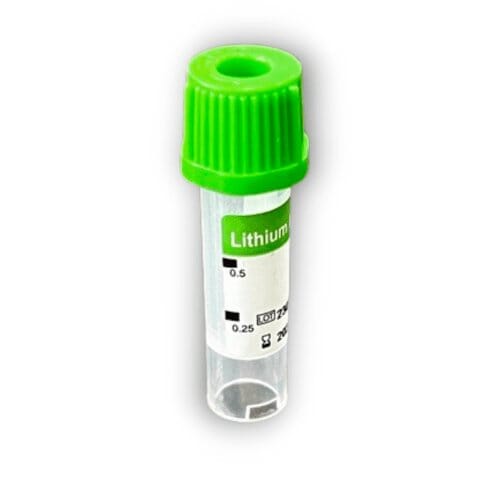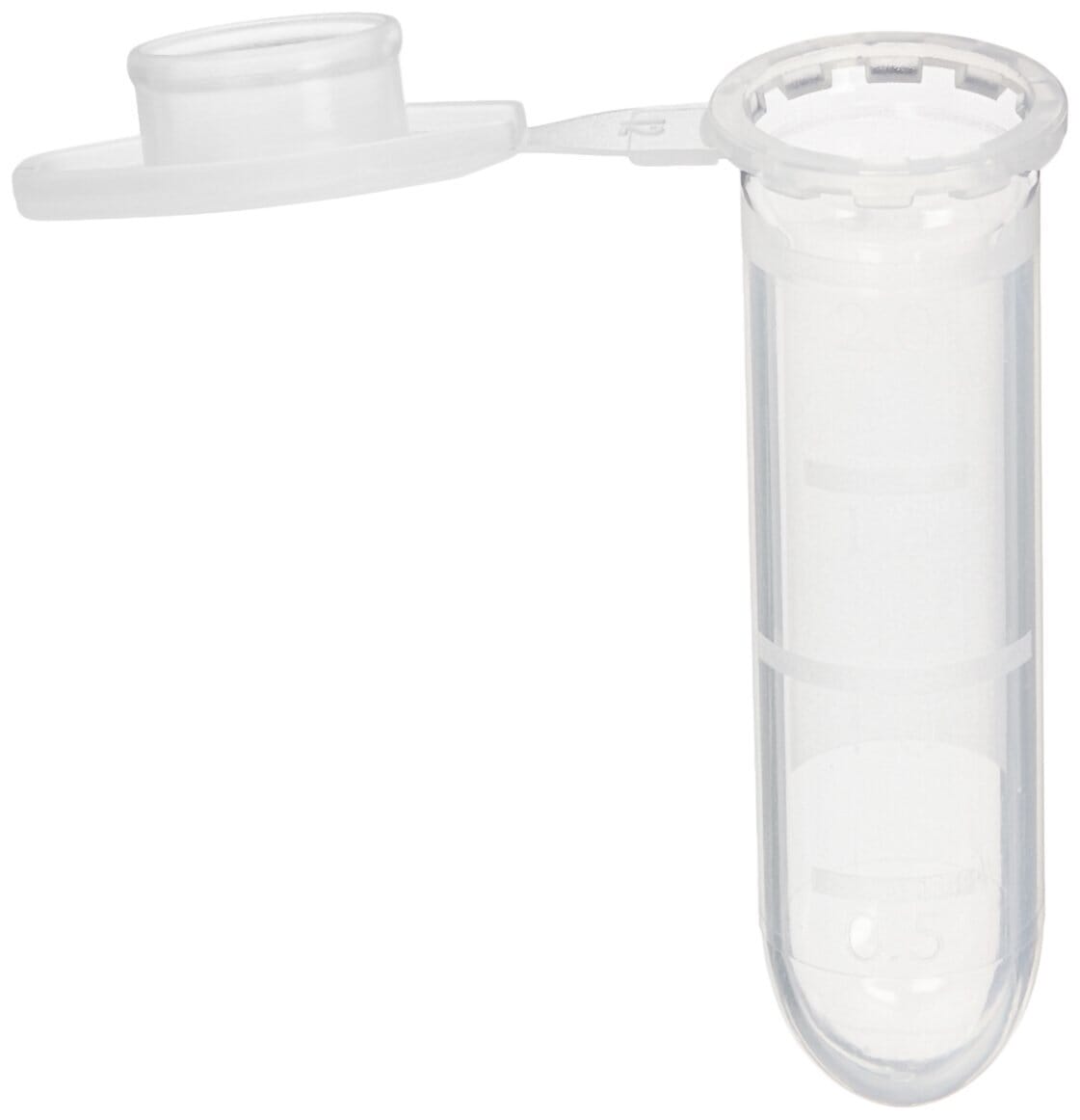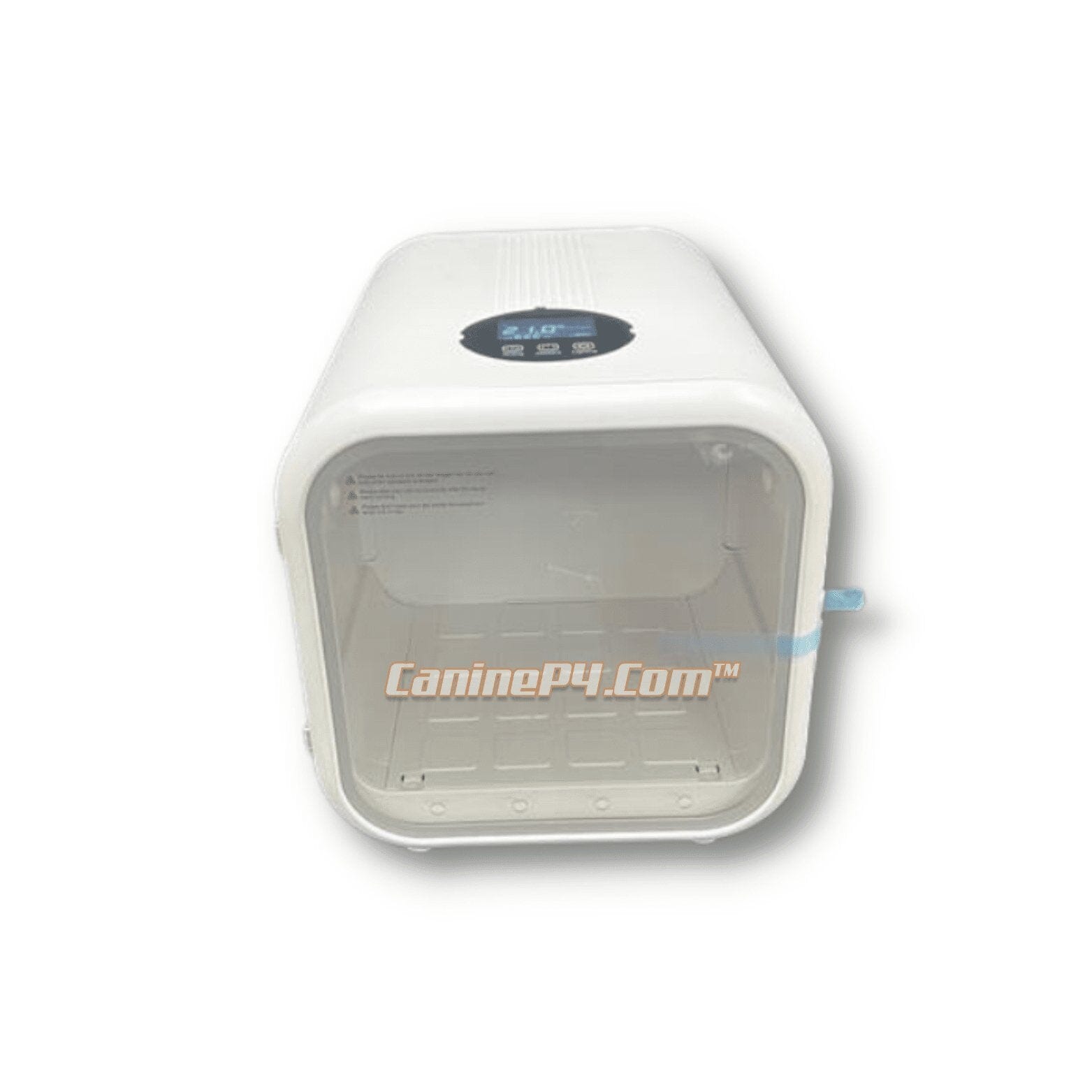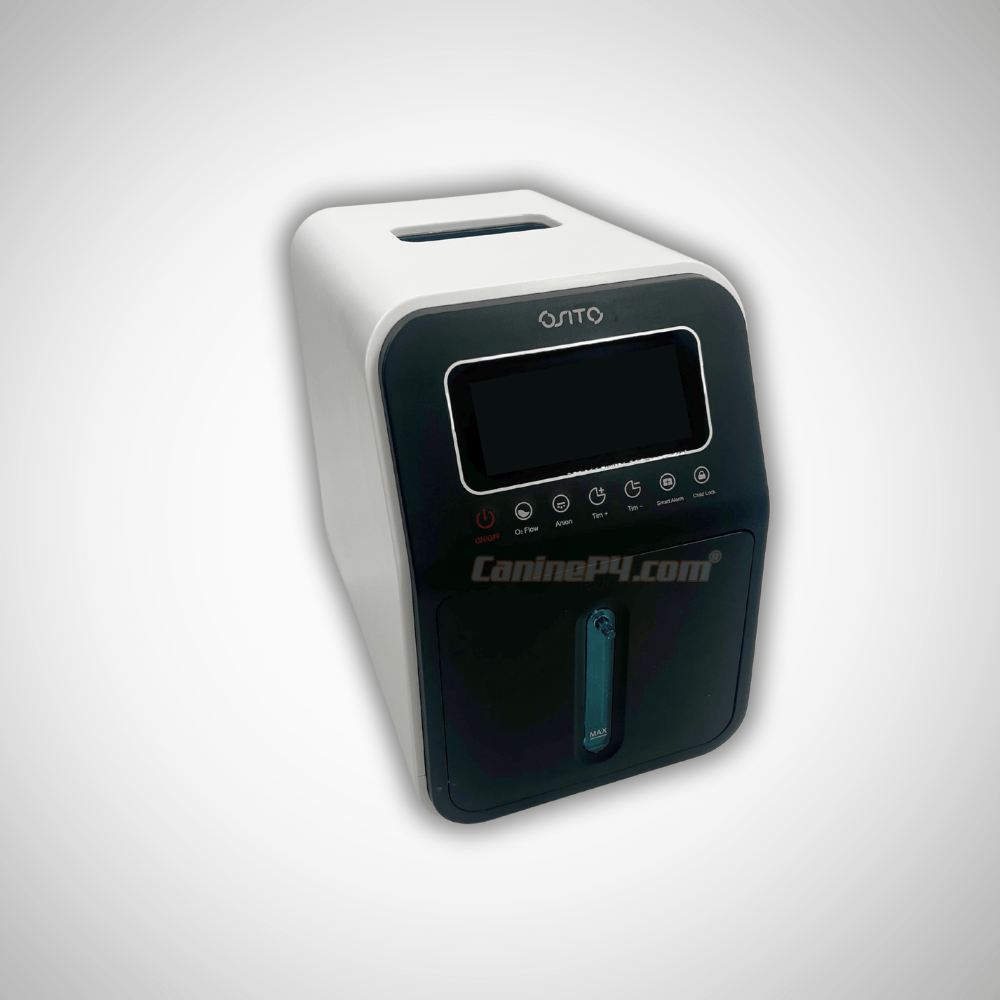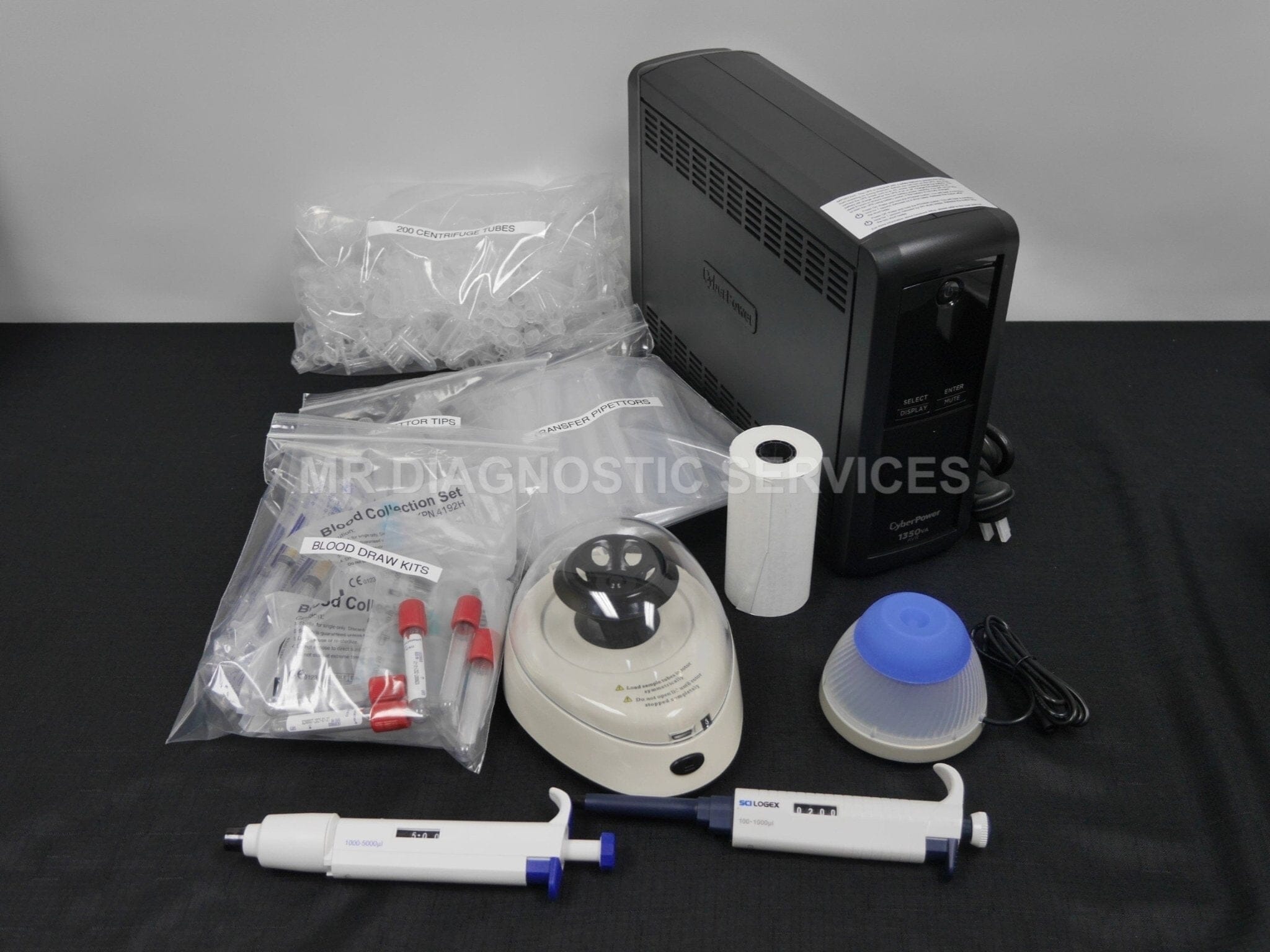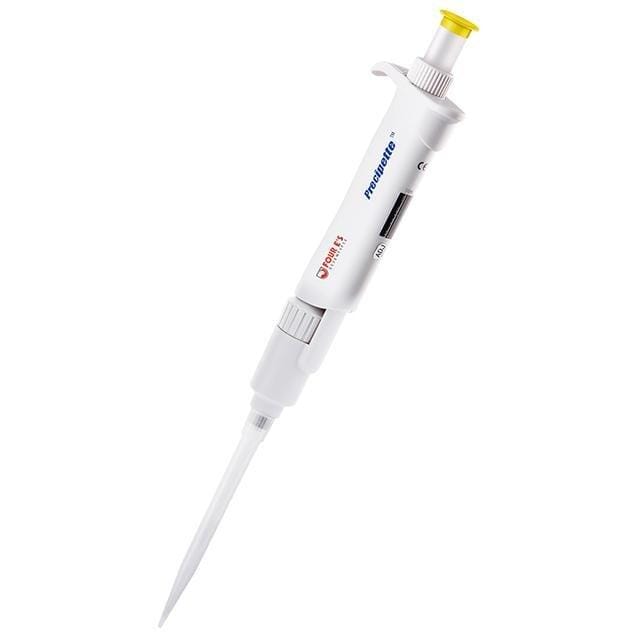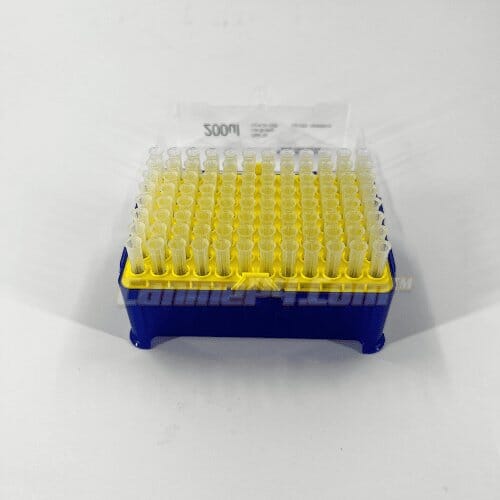Menu

White Blood Cell Counter Training Center
WBC Counter Setup And Preparation To Test
White Blood Cell Counter Training Videos
FAQ
-
White blood cell counts are important in dogs because they are a critical component of the immune system and play a key role in fighting infections and diseases. White blood cells, also known as leukocytes, are responsible for detecting and destroying foreign invaders such as bacteria, viruses, and parasites that can cause illness or infection.
When a dog is exposed to an infection or other health issue, its body responds by producing more white blood cells. Monitoring a dog's white blood cell count can therefore provide valuable information about its overall health and immune system function.
In addition, white blood cell counts can be used to monitor the effectiveness of treatments for infections or other health issues. For example, if a dog has been treated for an infection, monitoring its white blood cell count over time can help determine if the treatment is working and if any additional interventions are needed.
Detecting changes in your dog's white blood cell count can be critical in identifying health issues before they become severe or spread to other dogs. Our device can help you detect changes in white blood cell counts, which may indicate that your dog is fighting off an infection, battling a disease, or experiencing other health issues.
-
Leukopenia is another term used to describe low white blood cell count in dogs, which can be caused by a variety of factors such as infections, autoimmune diseases, cancer, or exposure to certain medications or toxins.
Dogs with leukopenia may experience symptoms such as weakness, loss of appetite, fever, increased susceptibility to infections, swollen lymph nodes, pale gums, easy bruising or bleeding, weight loss, and joint pain or swelling. If your in house testing shows your dog may have leukopenia, it is important to seek veterinary care for proper diagnosis and treatment.
-
Low white blood cell count, also known as leukopenia, can be caused by a variety of factors in dogs. Some common causes include:
-
Viral or bacterial infections: These can suppress the bone marrow's ability to produce white blood cells.
-
Autoimmune diseases: In some cases, the immune system can mistakenly attack and destroy white blood cells.
-
Cancer: Certain types of cancer, such as lymphoma, can suppress the production of white blood cells.
-
Medications: Some medications, such as chemotherapy drugs or certain antibiotics, can cause temporary leukopenia.
-
Toxins: Exposure to certain toxins, such as chemotherapy drugs, pesticides, or heavy metals, can damage the bone marrow and cause leukopenia.
-
Nutritional deficiencies: A deficiency in certain vitamins or minerals, such as vitamin B12 or folate, can affect the production of white blood cells.
-
Inherited disorders: Some inherited disorders, such as cyclic hematopoiesis or grey collie syndrome, can cause leukopenia.
If your in house testing shows your dog may have leukopenia, it is important to seek veterinary care for proper diagnosis and treatment.
-
-
Dogs with low white blood cell counts, or leukopenia, may not exhibit any specific symptoms initially. However, if the leukopenia is severe, it can compromise the dog's immune system, making them more susceptible to infections and other diseases.
Some signs that may be observed in dogs with leukopenia include:
-
Lethargy and weakness
-
Loss of appetite
-
Fever
-
Increased susceptibility to infections
-
Skin or gum infections
-
Pale gums or other mucous membranes
-
Diarrhea or vomiting
If your in house testing shows your dog may have leukopenia, it is important to seek veterinary care for proper diagnosis and treatment.
-
-
Leukocytosis is a medical condition in which the number of white blood cells in the bloodstream of the dog is abnormally high.
White blood cells play an essential role in the immune system, and their increased production is usually in response to an infection, inflammation, or other underlying medical conditions such as cancer. A blood test is usually performed to diagnose leukocytosis in order to identify the underlying cause and develop a proper treatment plan. If your in house testing shows your dog may have leukocytosis, it is important to seek veterinary care for proper diagnosis and treatment.
-
A high white blood cell count, also known as leukocytosis, can be caused by various factors in dogs, including:
Infections: Bacterial, viral, fungal or parasitic infections can cause an increase in white blood cell count as the immune system attempts to fight off the infection.
-
Inflammation: Chronic inflammation caused by conditions such as allergies, autoimmune disorders or inflammatory bowel disease can lead to leukocytosis.
-
Stress: Extreme physical or emotional stress, such as after surgery, trauma, or in response to pain, can trigger the release of white blood cells from the bone marrow.
-
Tumors: Certain types of cancers, including leukemia, lymphoma, and other cancers that affect the blood or bone marrow can cause leukocytosis.
-
Medications: Certain medications, such as corticosteroids, can stimulate the bone marrow to produce more white blood cells, resulting in leukocytosis.
-
Dehydration: A dog's body may respond to dehydration by increasing its white blood cell count.
-
Other factors: Other factors such as hemorrhage, heatstroke, or metabolic diseases like diabetes mellitus can also cause an elevated white blood cell count.
-
Ehrlichia: Ehrlichia is a bacterial infection transmitted by ticks that can cause high white blood cell counts in dogs, along with fever, lethargy, and loss of appetite.
-
Anaplasma: Anaplasma is another bacterial infection transmitted by ticks that can cause high white blood cell counts in dogs, along with fever, joint pain, and lethargy.
-
Leishmania: Leishmania is a parasitic infection transmitted by sandflies that can cause high white blood cell counts in dogs, along with fever, weight loss, and skin lesions.
-
Heartworms: Heartworms are a parasitic infection transmitted by mosquitoes that can cause high white blood cell counts in dogs, along with coughing, lethargy, and difficulty breathing.
-
Salmonella: Salmonella is a bacterial infection that can cause high white blood cell counts in dogs, along with vomiting, diarrhea, and fever
If your in house testing shows your dog may have leukocytosis, it is important to seek veterinary care for proper diagnosis and treatment.
-
-
A high white blood cell count in dogs, also known as leukocytosis, can be caused by a variety of factors. The symptoms of high white blood cell count in dogs may include:
-
Fever
-
Lethargy and weakness
-
Loss of appetite
-
Dehydration
-
Vomiting and diarrhea
-
Increased thirst and urination
-
Rapid breathing or panting
-
Swollen lymph nodes
-
Skin rash or hives
-
Joint pain or swelling
If your in house testing shows your dog may have leukocytosis, it is important to seek veterinary care for proper diagnosis and treatment.
-
Helpful Products For Your Needs.
- Choosing a selection results in a full page refresh.




